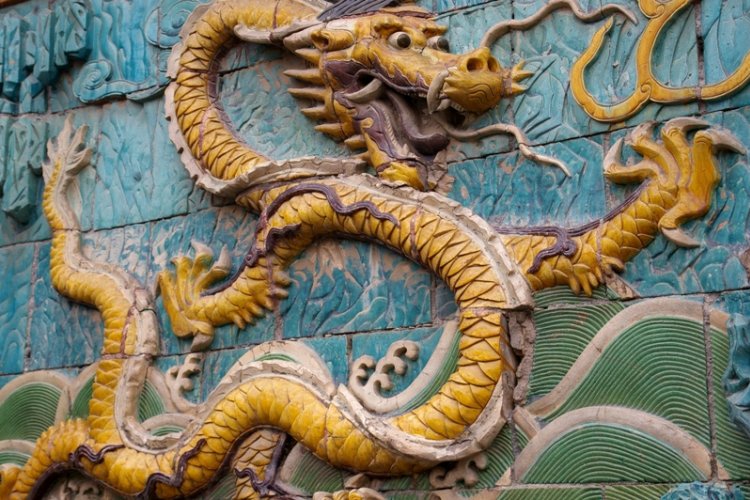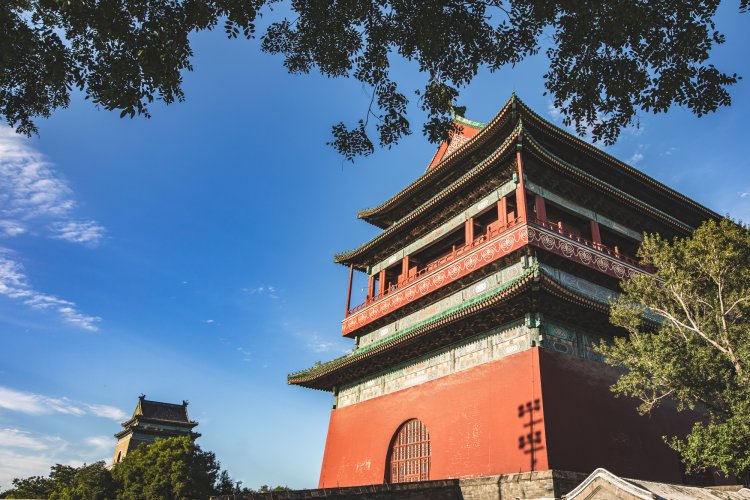Benign Masochism: Putting Out the Fire of Spice-Based Stereotypes
“Can you make it a little spicy,” I asked the server at my local Sichuan greasy spoon.
“Are you sure?” the 19-year-old waitress says with that mix of disbelief, condescension, and surprise in Sichuan-accented Mandarin that makes you want to move to Chengdu and fall in love.
“Yes. I like spicy.”
“Foreigners can eat spicy?” she asks/declares to her colleague standing nearby.
Yes. Foreigners can eat spicy.
And … end scene.
I’m not about to go round-for-round scarfing down Yunnan shabu shabu peppers, but I do like it spicy. I blame a childhood growing up in New England, a part of the United States where every recipe calls for meat, vegetables, and a starch to be put into a pot and boiled until all ingredients reach an indistinguishable shade of beige. I know people back home who think spaghetti is a little “too ethnic.” When I moved to Asia, it was a revelation of flavors … many of them hot and spicy.
We, meaning humans like you and me, shouldn’t like the chili pepper. Capsaicin – the ingredient that provides the burn in the chili – didn’t evolve over millions of years to make my noodles more interesting. It was designed to encourage other species to seriously consider munching some other plant.
Our love of the chili is counter-intuitive, and yet it has become the go-to spice for chefs around the world. Perhaps we love the pain? Psychology professor Paul Rozin, who researches why we like and dislike certain foods, has suggested it’s a form of “benign masochism.”
“Hotness” is also apparently not associated with taste. There is no spicy zone for taste buds. Biting into a pepper instead is a sensation, your tongue believes it is being burned. Pain receptors register the burning sensation and notify your brain which then responds by flooding the zone with feel-good endorphins.
And yet, that doesn’t explain why some cultures love spicy food and/or assume that anyone else must be a spice wimp who requires all food to be hospital bland.

In China, there are certain provinces – Sichuan and Hunan come to mind – known for their love of the la, but there are just as many parts of the country where locals go out of their way to avoid spicy food. This suggests a larger problem in the question of who can eat spicy food, allowing for personal preference independent of cultural background. This can go two ways.
As I said, I’m from New England, but I like spicy food. I enjoy a little sweat on my brow after a good hot pot. This has nothing to do with where I’m from or, from what I can tell, anything in my DNA. If I tap out, all I’m doing is feeding the stereotype that doughy white boys should be careful playing with serious spice.
In that regard, I sometimes feel sorry for those from the spice belts. They have a lot to live up to.
Many years ago, when I was just a young lad on my first foray into Asia, a university classmate and I stepped into a small noodle shack somewhere in Bangkok. Time and chemicals cloud the location of this shack, but I do remember the food.
Our lunch was freshly boiled noodles with yet-to-be-identified meat and a few slivers of vegetables to give a head shake in the direction of nutrition plus a generous helping of chopped chilies. If there is pleasure in pain, this was it. It was also not good enough for my traveling companion. Hailing from southern California, he felt that two decades of eating at taco trucks had adequately prepared his system to take on a Thai chef with sadism in his heart and two Tupperware boxes full of capsaicin death at his disposal.
“This isn’t as spicy as Mexican food,” said my friend. “Bring it, chief. I mean really bring it.”
Did I mention we’d been drinking?
The chef complied with a few more dollops of chilies, but his pepper parsimony displeased my friend. “Dude! I said bring it. I’m from San Diego. I can eat spicy food all day.”
Something in my friend’s tone had caused our Thai host to abandon any pretense of restraint. He took one of his not insignificant Tupperware bowls of peppers and dumped it into my friend’s soup. The chef’s expression was not one of kindness.
As a good friend, knowing that eating this would mean certain gastrointestinal shock and awe, I turned to my companion and said helpfully: “If you eat the whole thing, bro, I’ll buy the next round of beers.”
Ah, youth. If the most common last words in the English language are “What the f*** was that noise?” the runner-up phrase is undoubtedly “Hold my beer, dude. Watch this.”
Yeah, he was in pain and while he maintained a brave face – and got his beer – he clearly regretted his hubris well into the next morning.
I’m not willing to do that to myself in pursuit of my love of chilies, in Thailand or here in China. But I am looking for a little respect. If I say I want it spicy, damn it, make it hot. I know I seem like I’m suffering, what with the red face, sweat pouring out of my ears, and sinuses running like a Beijing street vendor who sees the chengguan coming, but that’s part of the fun.
Don’t judge me, just leave me to my “benign masochism” and bring on the chilies.
Photos: Faradeed, MC-Sichuanhot








